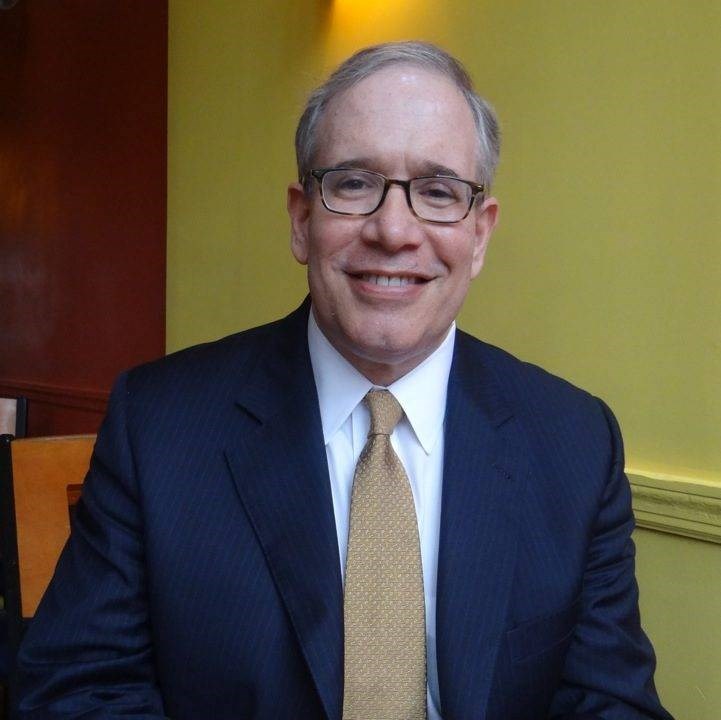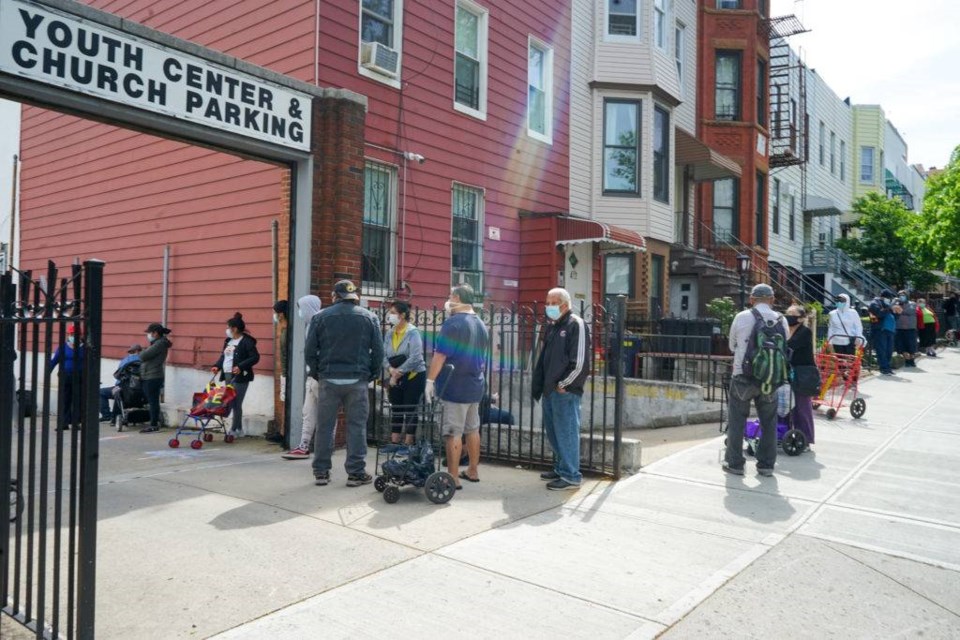New York City Comptroller and mayoral hopeful Scott Stringer aims to combat hunger amongst all New Yorkers with his new food security plan, released Monday.
The plan calls for the creation of a $25 million city-based emergency food program to serve undocumented New Yorkers left out of federal and state safety net programs; a "shared delivery zone" program that centralizes neighbors' food deliveries to meet online retailers' minimum purchasing requirements; expanded SNAP outreach and purchasing power; and increased halal and kosher food options.

The $25 million fund for undocumented New Yorkers would use FEMA reimbursement money, that has been made accessible by the Biden Administration.
Stringer said there wasn't a food shortage in New York City, there was a management shortage, adding current programs did not reach enough of the city's most food insecure residents — particularly immigrants and New Yorkers of color.
"There is no excuse for a single person to go hungry in one of the wealthiest cities in the world, yet more than 1.6 million New Yorkers go to bed hungry in our city every night," he said.
"My emergency plan to combat food insecurity meets New Yorkers where they are regardless of immigration status, cultural background or language. Hunger does not discriminate — and neither should we."
The COVID-19 pandemic has acutely heightened food insecurity in the city, with an estimated 1.6 million New Yorkers unable to afford food - an increase of 400,000 in the last year.

Employment in the city remains 605,000 jobs below pre-pandemic levels, with the majority of job losses concentrated in lower-wage sectors and communities of color, the plan explains. Despite this, New York City Human Resources Administration data shows 42,000 fewer New Yorkers are receiving SNAP benefits now than in 2015.
Stringer's plan also includes outreach and education to get more New Yorkers in need involved in the SNAP program, and a plan to increase how and where EBT cards can be used. He calls for the establishment of shared delivery zones so neighbors can get food delivered to a shared location, for example community rooms at NYCHA developments.
Stringer also calls for the improvement of the city's food pantry network. "Ten and a half months into the pandemic, there are still gaping holes in the city's food pantry network that have not been filled."
Food Bank for New York City's found 38% of emergency food providers across the five boroughs had closed by mid-April, with 50% of Bronx emergency food providers shutting their doors.
APNA Brooklyn Community Center Chairman Pervez Siddiqui said Stringer's plan to combat hunger in the city was comprehensive and much-needed.
"[The plan will] serve our underserved lower-income immigrant communities with dignity and respect— which every New Yorker deserves regardless of immigration status, ethnicity, skin color or language," he said.
He said currently there were very limited Halal food options in the city's plan, making it difficult for many of the city's almost one million Muslim residents to access culturally appropriate food.
"Comptroller Stringer's proposed plan takes into account cultural and religious sensitivities and calls for diverse Halal food options for Muslim New Yorkers and we fully support it."



